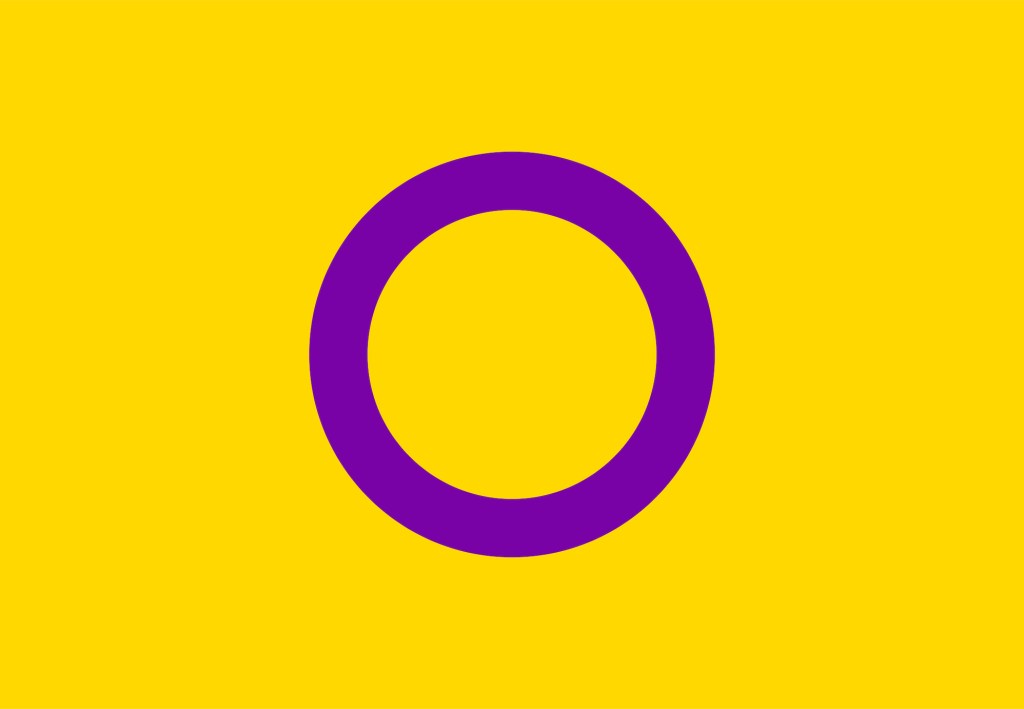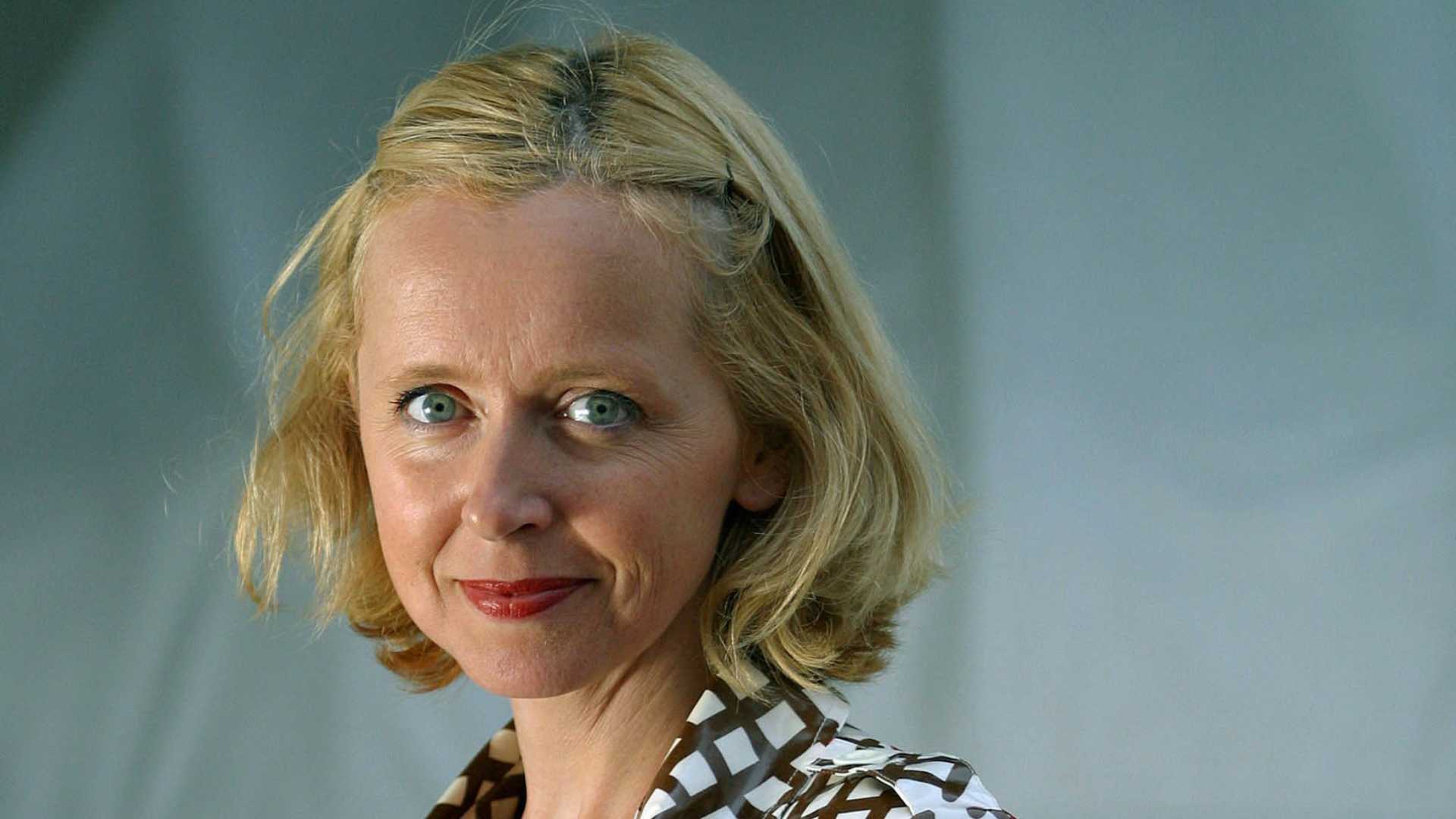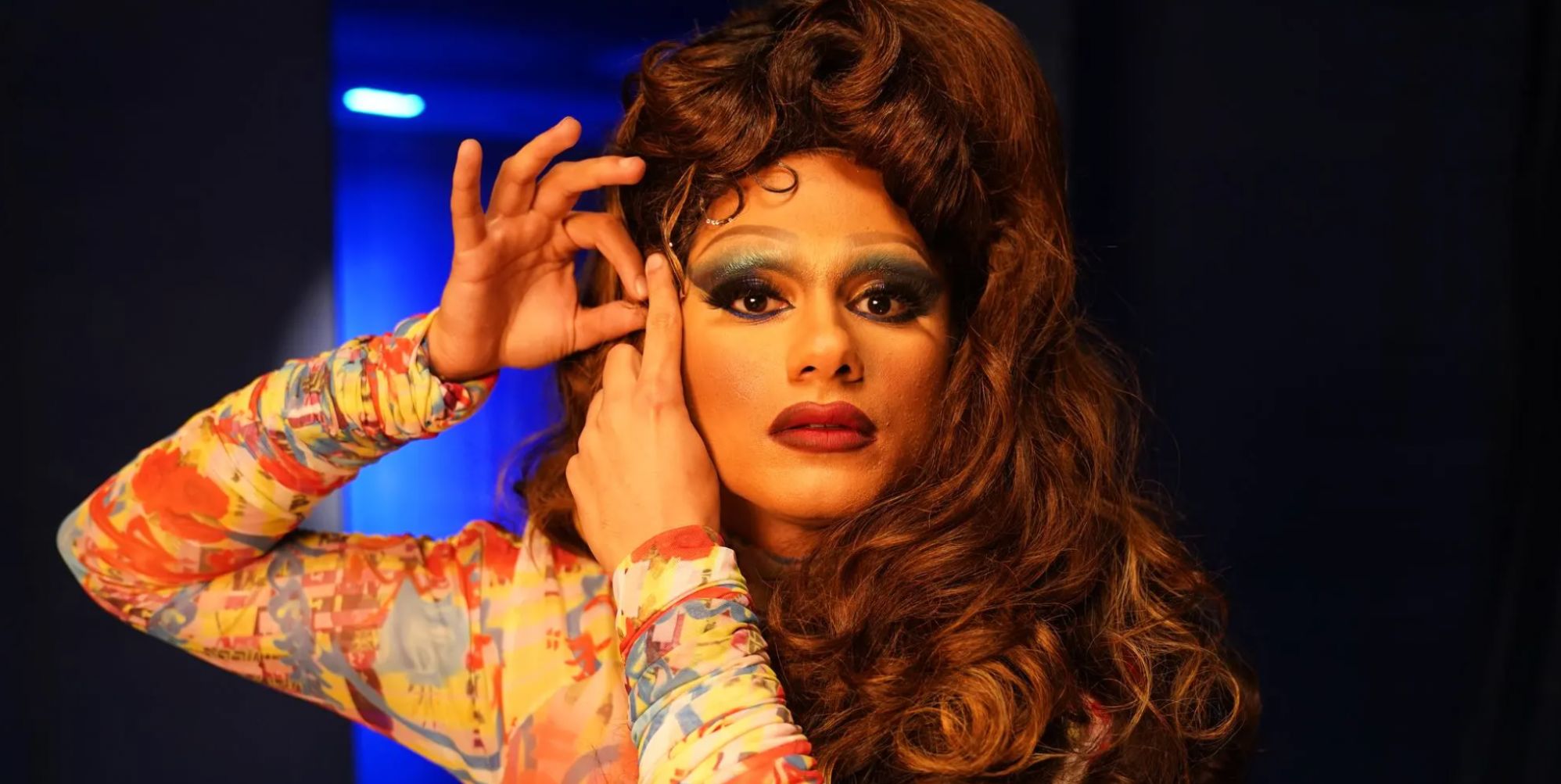Activist discovered she was intersex at 40

Kimberly Zieselman, JD, is an intersex woman, lawyer, and human rights advocate. (supplied/Canva)
It was only at the age of 40, and after reading her medical records, that Kimberly Zieselman first encountered the word “intersex”.
Until then, she had lived her life unaware of her true identity. Now, at the age of 59, she is senior advisor for global intersex rights at LGBTQ+ organisation Outright International.
Zieselman, who has a background as a lawyer, began advocating for the human rights of intersex people after learning the truth about herself.
Celebrated annually on 26 October, National Intersex Day, also known as Intersex Awareness Day, aims to highlight human rights issues faced by intersex people, including the “shame, secrecy and genital surgeries performed on children”.
Up to 1.7 per cent of the world’s population is born intersex, a figure roughly equivalent to the number of redheads.
‘A huge relief’
According to the Cleveland Clinic: “People who are intersex have genitals, chromosomes, or reproductive organs that do not fit into the male/female sex binary. Their genitals may not match their reproductive organs, or they may have traits of both.”
Zieselman tells PinkNews that discovering she was intersex was both “shocking” and “a huge relief”. Referring to operations she underwent in the early 80s, she adds: “I say that because I had been told lies about what was done to me. My parents didn’t even fully understand.”
She was born with XY chromosomes, which are typically male, and internal testes. However, she appeared phenotypically female, meaning her intersex identity was not discovered at birth.
Later in life, she was informed that she had partially formed female reproductive organs that would “become cancerous if they were not urgently removed”. This led to further surgery.
She was also told she would need hormone treatment and would never be able to have children. She and her husband have since adopted two children from China.
“I felt very alone in the world, I was encouraged to keep this private,” she says about the surgery.
After a decade of cancer check-ups, she was eventually told she no longer needed to return. However, it turned out that she was never at risk of cancer – instead, doctors had removed “very healthy testes, which could have been left in place”, she claims. “They wanted to normalise my body.”

Even before discovering her intersex identity, she had always had a “nagging feeling, complicated by shame and stigma”.
Zieselman describes intersex as a “broad umbrella term” but it is not always “represented accurately or authentically” in the media.
Despite studies, and organisations such as Human Rights Watch and Amnesty International condemning medically unnecessary surgeries on intersex youngsters, gender-normalising operation continue to be performed in some regions, with US states such as Georgia and Kentucky allowing the procedures to be performed on infants with “ambiguous sex characteristics,” which applies to almost the entire intersex population.
Zieselman’s goal is to reach a point where there is no rush to “to fix or ‘normalise’ a child”.
Misconceptions of intersex people
Regarding misconceptions, she points out that many people assume intersex individuals have non-binary gender identities. Although some do, the vast majority identify as male or female.
Another common belief is the “conflation with [being] transgender”, Zieselman adds. “Again, intersex people may have a transgender identity, but the vast majority do not.”
Despite acknowledging the challenges she’s faced, she would never “wave a magic wand” to erase her identity.
“I have a full, rich life, and being intersex has become a huge part of my identity as an activist. It’s something I am passionate about.” And she remains committed to “continuing to raise awareness” and “eradicating human rights violations” so that intersex people worldwide can live their lives to the fullest.
One to watch: Common as Red Hair
Common as Red Hair, a short film raising awareness of intersex people and the challenges they face, will go live on YouTube as part of the awareness day celebrations.
The 15-minute film, of which Zieselman was an executive producer, alongside her gay friend Robbie Robertson, who also directed it, follows a grieving mother and father as they reflect on their decision to have gender-normalising surgery performed on their intersex child.
In August, Adeline Berry, who is intersex and trans, told PinkNews about finding love, after grappling with life-long complications from genital surgery.
You can watch Common as Red Hair here after it goes live.
Share your thoughts! Let us know in the comments below, and remember to keep the conversation respectful.







